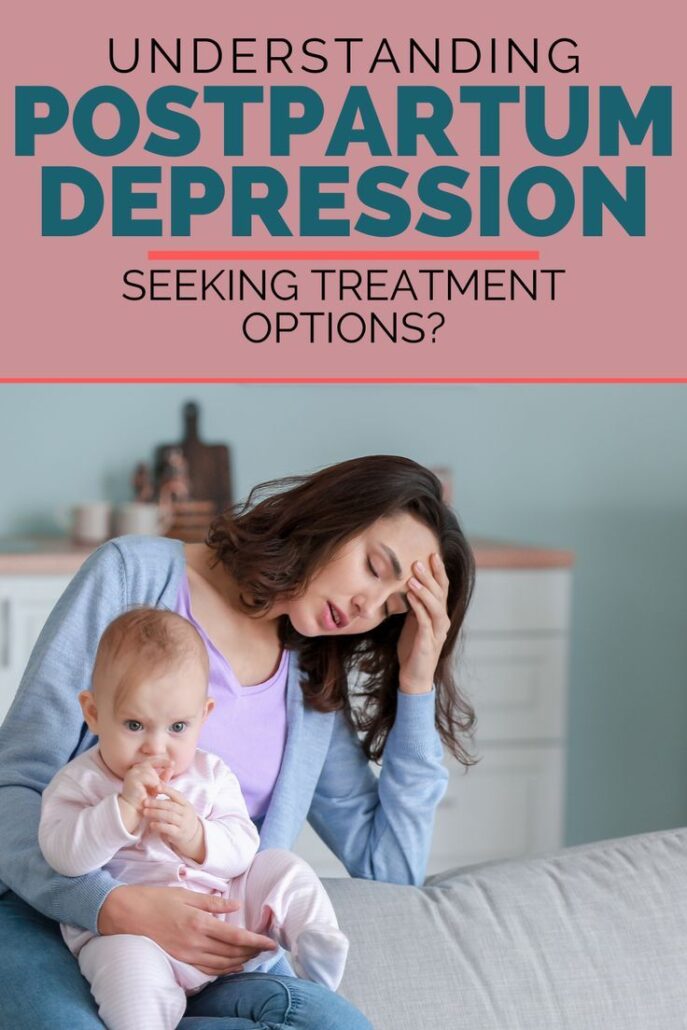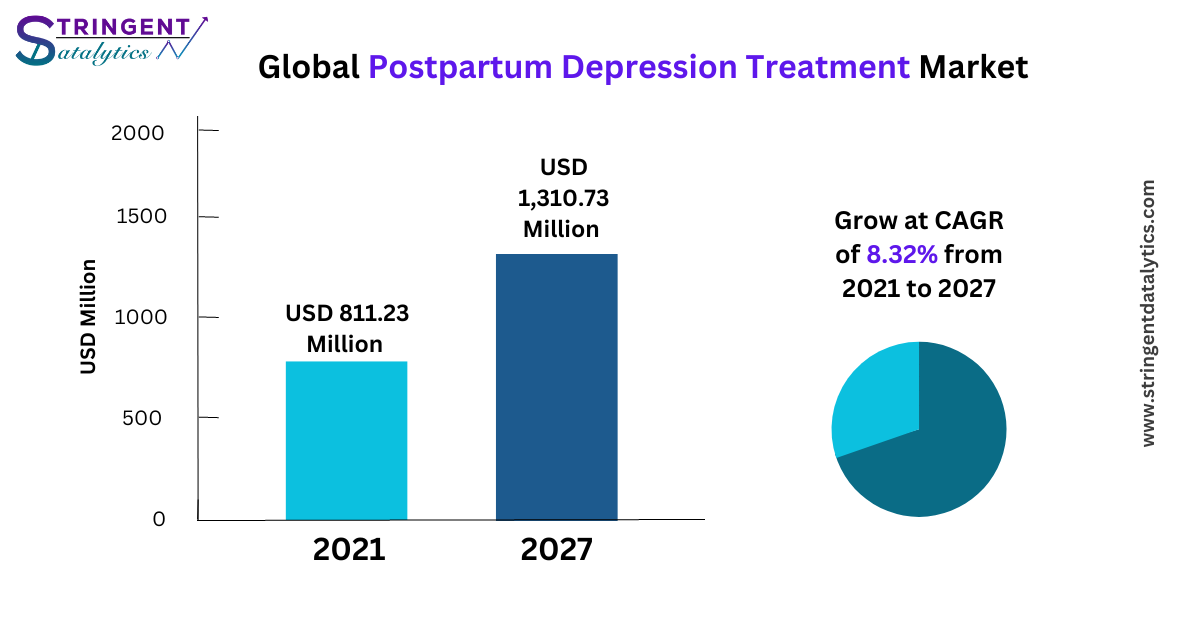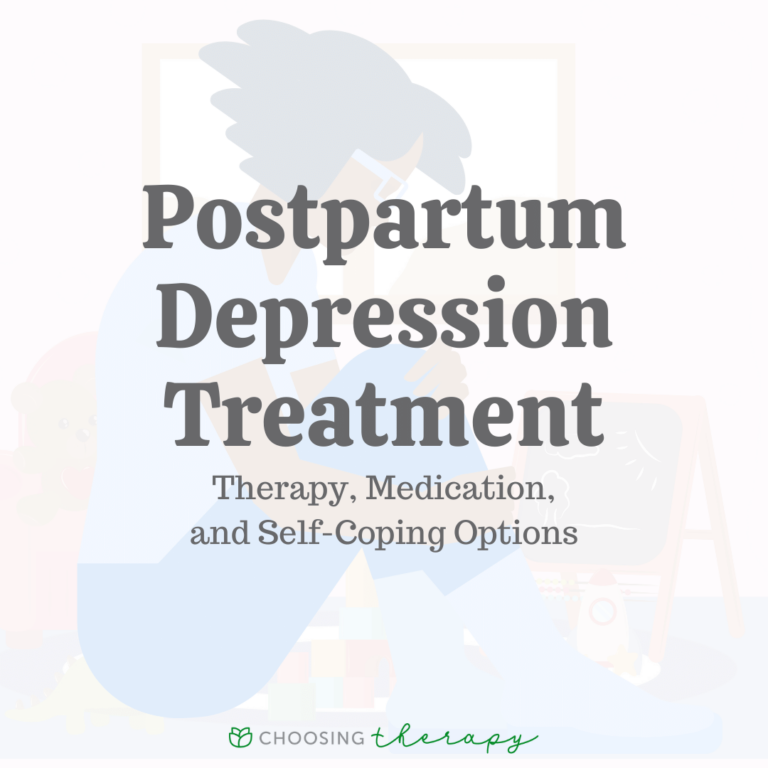All about Beautiful Journey Reproductive Counseling Center
All about Beautiful Journey Reproductive Counseling Center
Blog Article
Top Guidelines Of Beautiful Journey Reproductive Counseling Center
Table of ContentsThe 8-Minute Rule for Beautiful Journey Reproductive Counseling CenterSome Known Incorrect Statements About Beautiful Journey Reproductive Counseling Center Our Beautiful Journey Reproductive Counseling Center IdeasGetting The Beautiful Journey Reproductive Counseling Center To WorkSome Ideas on Beautiful Journey Reproductive Counseling Center You Need To KnowBeautiful Journey Reproductive Counseling Center for Beginners

Functioning with mental health and wellness professionals is a fantastic way to learn about postpartum clinical depression and just how to recover. Treatment allows ladies to work via their problem and comprehend the progression they make. Specialists can also readjust therapy in feedback to the woman's progression. Treatment is a personal and important means to treat postpartum depression.

Getting The Beautiful Journey Reproductive Counseling Center To Work
There have actually not been definitive studies published that looked particularly at folate or other B vitamins in the treatment of postpartum anxiety. Consider suggesting to ladies who are postpartum to proceed their prenatal vitamin or take a B-100 facility with concerning 1 mg (or 1,000 mcg) of folic acid, or folate.
Correction of vitamin D deficiency might play a significant function in the recuperation from postpartum clinical depression. Moms having a hard time with anxiety should have their 25-OH vitamin D level tested. Many ladies find that they require a minimum of 2,000-3,000 IUs of cholecalciferol, which is vitamin D3 (a kind that is very readily soaked up) throughout the winter months.
In the summer season, much less dental vitamin D may be needed, depending on the latitude where the mommy lives. therapist for infertility.
Getting The Beautiful Journey Reproductive Counseling Center To Work

Anticoagulation may be used, and it ought to be kept in mind that there exists no universal standard or suggestion for anticoagulation treatment in septic pelvic thrombosis. Preliminary bolus of 60 units/kg (4000 devices optimum) complied with by 12 units/kg/h (maximum of 1000 units/h) is suggested. The aPTT is monitored for 2-3 times the regular value.
Postpartum depression (PPD) is a complex mix of physical, psychological, and behavior adjustments that occur in some women after delivering. According to the DSM-5, a hands-on made use of to diagnose mental problems, PPD is a form of major anxiety that starts within 4 weeks after distribution. The medical diagnosis of postpartum depression is based not only on the size of time in between delivery and onset yet on the severity of the clinical depression.
The term describes a series of physical and psychological changes that lots of brand-new mothers experience. PPD can be treated with drug and therapy. The chemical changes entail a fast decrease in hormonal agents after distribution. The actual link between this drop and anxiety is still not clear. What is recognized is that the degrees of estrogen and progesterone, the women reproductive hormones, increase tenfold during pregnancy.
Fascination About Beautiful Journey Reproductive Counseling Center
PPD can happen after the birth of any kind of youngster, not just the initial youngster. You can have sensations similar to the infant blues-- sadness, despair, stress and anxiety, crankiness-- but you feel them a lot extra highly.
When your capacity to function is affected, you require to see a healthcare carrier, such as your OB/GYN or main treatment doctor. This physician can evaluate you for clinical depression symptoms and generate a therapy strategy. If you do not obtain treatment for PPD, signs can become worse. While PPD is a severe problem, it can be treated with medicine and therapy.
This ailment can happen swiftly, typically within the very first 3 months after giving birth. Females can shed touch with fact, having acoustic hallucinations (hearing points that aren't in fact taking place, like an individual chatting) and misconceptions (highly thinking points that are clearly irrational). Aesthetic hallucinations (seeing things that aren't there) are less common.
Women who have postpartum psychosis need therapy today and often require drug. Often females are taken into the health center because they are at danger for harming themselves or another person. Postpartum clinical depression is discriminated, relying on the kind of symptoms and just how extreme they are. Therapy choices include anti-anxiety or antidepressant drugs, psychiatric therapy, and engagement in a support system for emotional support and education and learning.
Beautiful Journey Reproductive Counseling Center Things To Know Before You Get This
Youngsters of mommies with postpartum anxiety are more probable to have problems with sleeping and consuming, weeping greater than common, and hold-ups in language my response development. If you have a background of depression, inform your doctor as soon as you find out you're expecting, or if you're intending to conceive.
PPD can happen after the birth of any kind of youngster, not just the first child. You can have sensations comparable to the baby blues-- sadness, despair, stress and anxiety, crankiness-- but you feel them much extra strongly.
When your capacity to function is affected, you require to see a health treatment carrier, such as your OB/GYN or primary treatment physician. If you do not obtain treatment for PPD, symptoms can get even worse.
This disease can take place rapidly, often within the initial 3 months after childbirth. Females can lose touch with truth, having acoustic hallucinations (hearing points that aren't really happening, like a person talking) and deceptions (strongly thinking things that are clearly illogical). Visual hallucinations (seeing things that aren't there) are much less common.
An Unbiased View of Beautiful Journey Reproductive Counseling Center
Ladies that have postpartum psychosis demand therapy right away and nearly constantly need medicine. Therapy options include anti-anxiety or antidepressant medicines, psychotherapy, and participation in a support group for emotional support and education.
Kids of mothers with postpartum depression are most likely to have issues with resting and consuming, crying more than typical, and hold-ups in language development (licensed professional counselor new jersey). If you have a history of clinical depression - https://beaj0urepcc.wordpress.com/2024/04/05/beautiful-journey-reproductive-counseling-center-supporting-your-reproductive-mental-health/, tell your physician as quickly as you discover you're expecting, or if you're planning to become expecting
Report this page